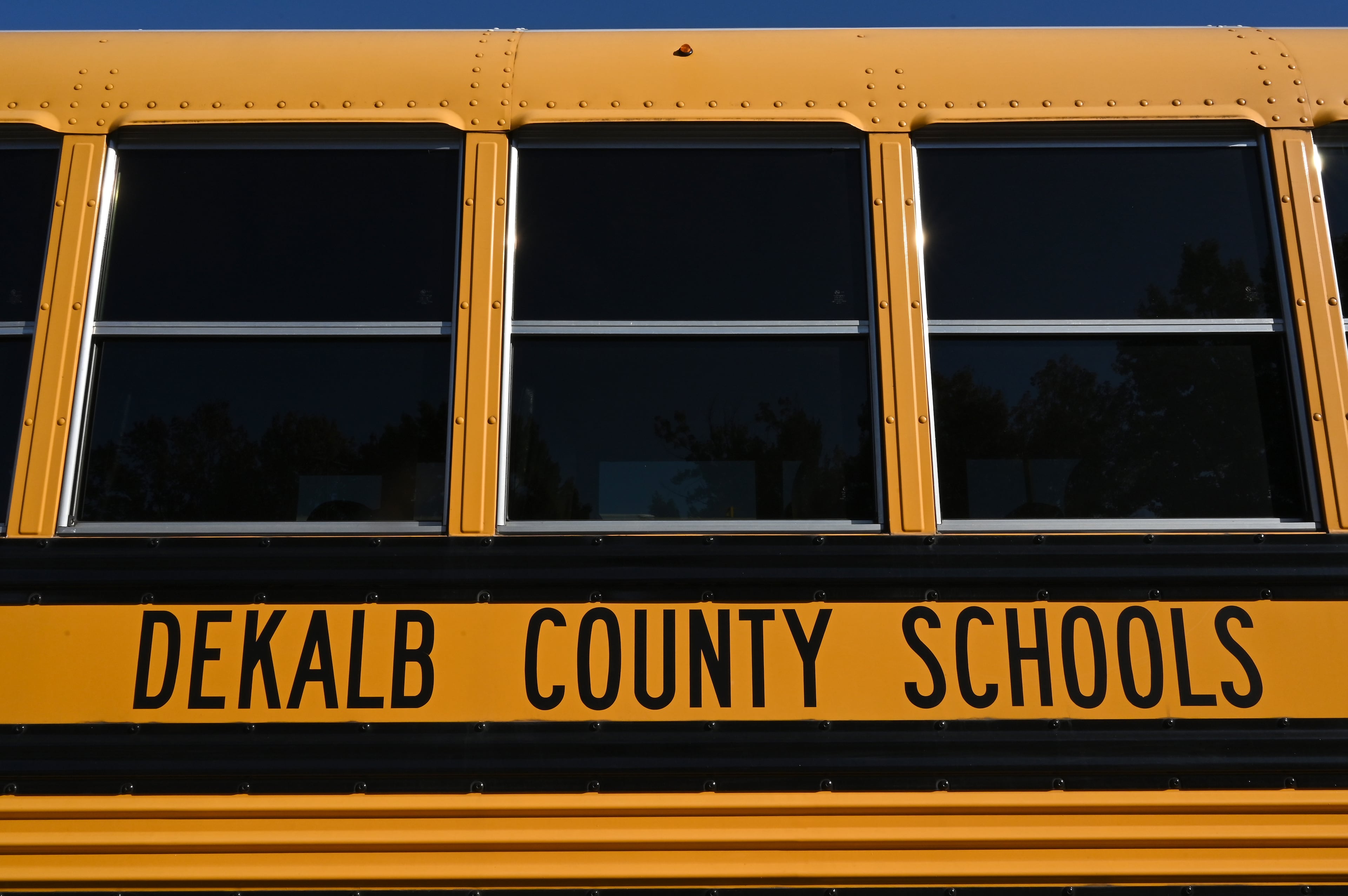HOPE: Zell Miller's original brainchild grew into something bigger

The father of the HOPE Scholarship died today. Former Gov. Zell Miller was 86. He was a United States senator as well as a two-term Democratic governor of Georgia.
Miller’s death is spurring discussion of his greatest legacy, a merit scholarship that he originally proposed for students whose families earned less than $66,000 a year and only for their first year of college.
Today, there is no family income requirement attached to HOPE, and students keep the scholarship for all four years if they maintain a B average.
But over the years, the Legislature has eroded the simplicity of HOPE, one of the few government programs reducible to to a single sentence: Earn a B average in high school and attend Georgia public colleges tuition-free.
Now, there are two tiers of HOPE. The top one is the Zell Miller Scholarship. It pays full tuition but requires a 3.7 high school GPA and at least a 1200 on the SAT or a 26 on the ACT. To keep it, college students must maintain a 3.3 GPA.
The second tier, which I dubbed HOPE Lite when it was first proposed, still requires a 3.0 high school GPA, but only pays a portion of tuition based on available Georgia Lottery funds. College students must maintain a 3.0 to retain HOPE Lite.
I thought it would be interesting to go back to the first AJC story in which Miller floated the idea of HOPE. This was written in 1992.
By Charles Walston
Gov. Zell Miller revealed a plan Tuesday to provide two years of free tuition to Georgia college students who make good grades -- if voters approve a lottery on Nov. 3.
The governor said the proposal is "the most significant . . . and exciting initiative of my administration," but a leading foe of the lottery called it a "noble idea being used to mask a very nasty animal."
Mr. Miller took his campaign for a lottery to a group of student leaders at DeKalb College, where he taught history "back before any of you were even born," he told them.
The proposed tuition plan, which Mr. Miller calls Helping Outstanding Pupils Educationally (HOPE), would be open to any high school student who graduates with a 3.0 grade point average, and whose family income is less than $66,000 a year. He plans to begin the program in the fall of 1993.
Eligible students would get their first year of tuition free at a state college or university, where costs range from about $339 to $597 per quarter, depending on the institution. Students who maintained a B average through their freshman year would get loans for tuition the second year, which would not have to be repaid if the average was kept up.
The plan also would allow high school graduates seeking a technical school diploma to attend state vo-tech schools for free; would give $500 education grants to high school dropouts who earn their diplomas; and would increase by $500 the grants that state residents can receive if they attend private schools in Georgia.
Mr. Miller said the plan would spur students to work harder in high school for the promise of guaranteed college tuition, and would give many students an opportunity they would not otherwise get. He said the only way to pay for the program, which he estimated will cost $40 million a year, is with lottery proceeds.
"I don't have the resources to do it otherwise, and I don't think the General Assembly would make the resources available through a tax increase," Mr. Miller said.
Mr. Miller is campaigning for a public referendum that would allow a lottery, and the Legislature has already enacted a law describing how the lottery would be run if the measure passes. The bill says lottery money would be used for a new preschool program, with an estimated cost of $90 million a year, for tuition grants, and for capital improvements.
Georgia currently spends about $21 million a year on tuition grants, and Mr. Miller's proposal would be a dramatic improvement, according to Jerry Davis, who prepares an annual ranking of state programs for the National Association of State Scholarship and Grant Programs.
"If they can implement it and pay for it, it's probably the most generous state program there is," said Mr. Davis. "Sixty-six thousand is a very high income level . . . no other state has anything comparable."
State Rep. Roger Byrd (D-Hazlehurst), an outspoken opponent of the lottery, said the program should not be linked to the lottery.
"If the program is a worthy program, we find money for a lot of other things," Mr. Byrd. "Governor Miller may be convinced a lottery is the only way to do it, but historically lotteries, to keep voters from looking at the ugly face of gambling, they cover it up with something noble.
"The school idea is a noble idea, but I'm afraid the noble idea is being used to mask a very nasty animal."
The students who met with Mr. Miller Tuesday asked several questions about the lottery, including whether it might take advantage of the poor. Mr. Miller said it would not, and added that a telephone number will be printed on every lottery ticket offering help for compulsive gamblers.
Most of the students seemed to like the governor's proposal, even though it would not help them personally.
"I feel like every student who gets out of high school deserves a chance to get started in college," said J. Branham Jarrell. "I've already had my chance."



